The humble beginnings of the world’s biggest businesses
Massive firms that started out small
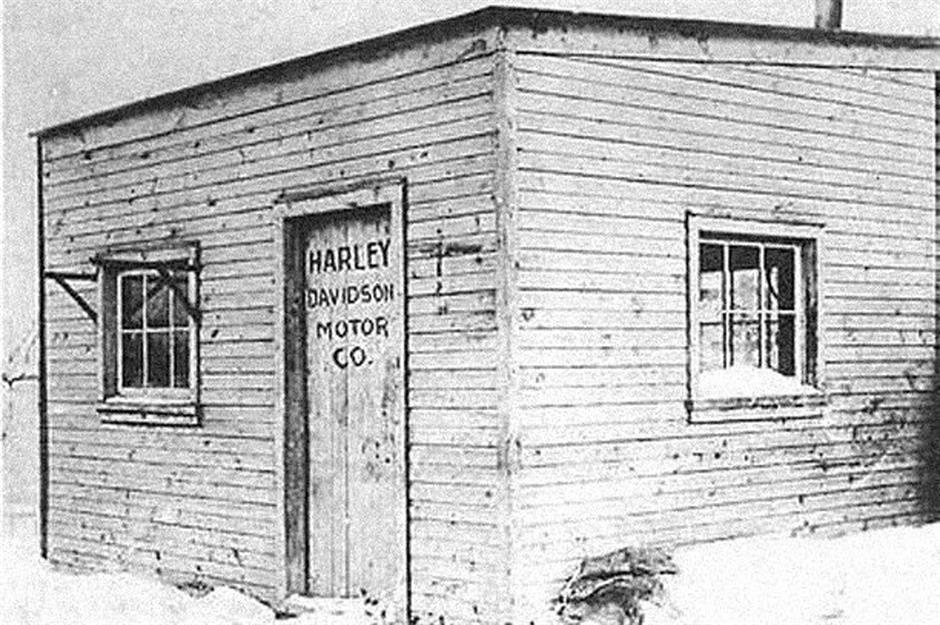
Hermès started out as a harness workshop
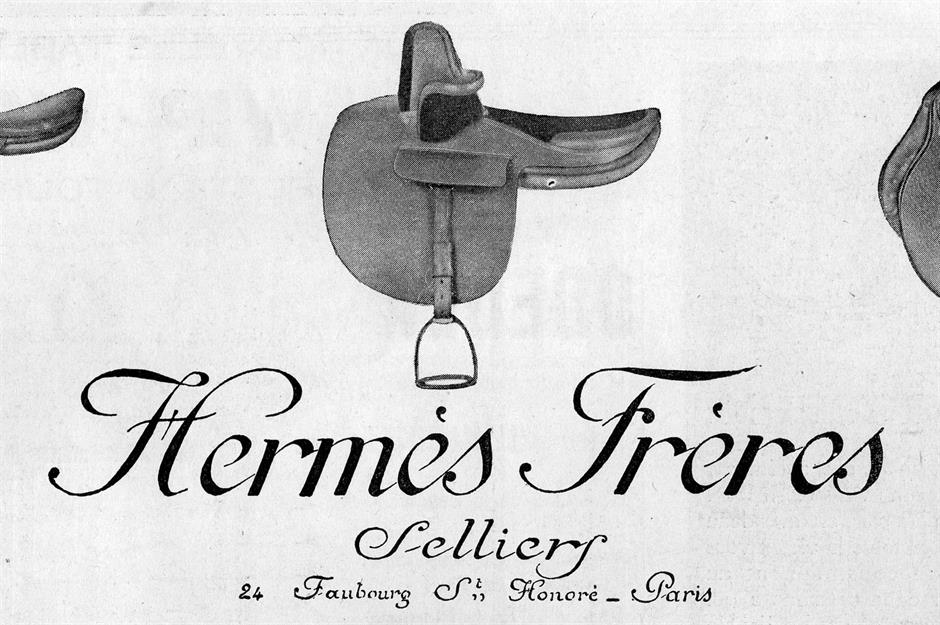
Boots originated as a modest herbalist store
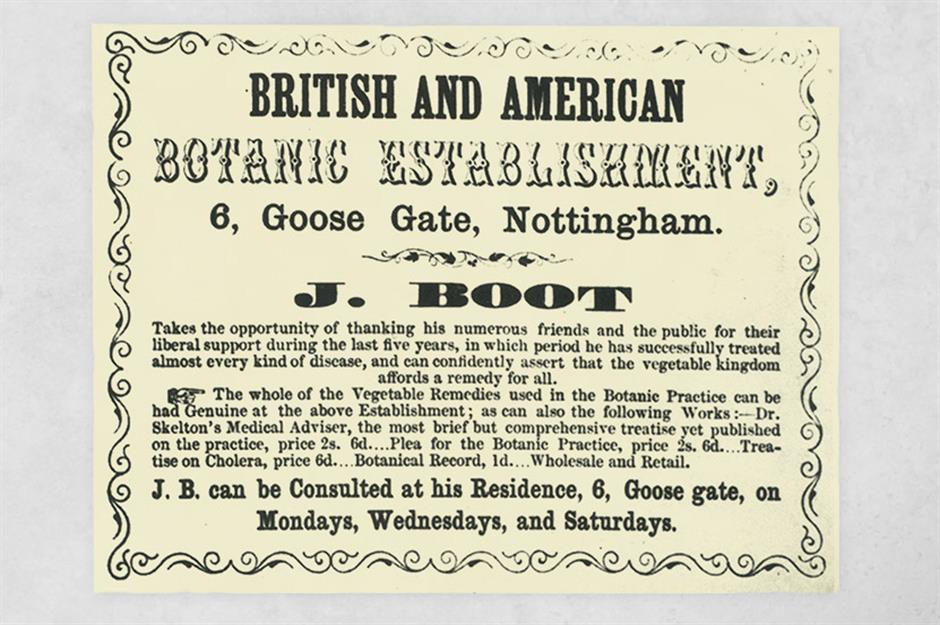
Walgreens' parent company also owns the UK's leading pharmacy-led health and beauty retailer Boots. Like its counterpart across the pond, the British chain of chemists started out with just one location, a small shop at 6 Goosegate, Nottingham, which was opened in 1849 by company founder John Boot and sold herbal remedies concocted by his mother.
Sponsored Content
Coca-Cola was first served in an Atlanta drugstore
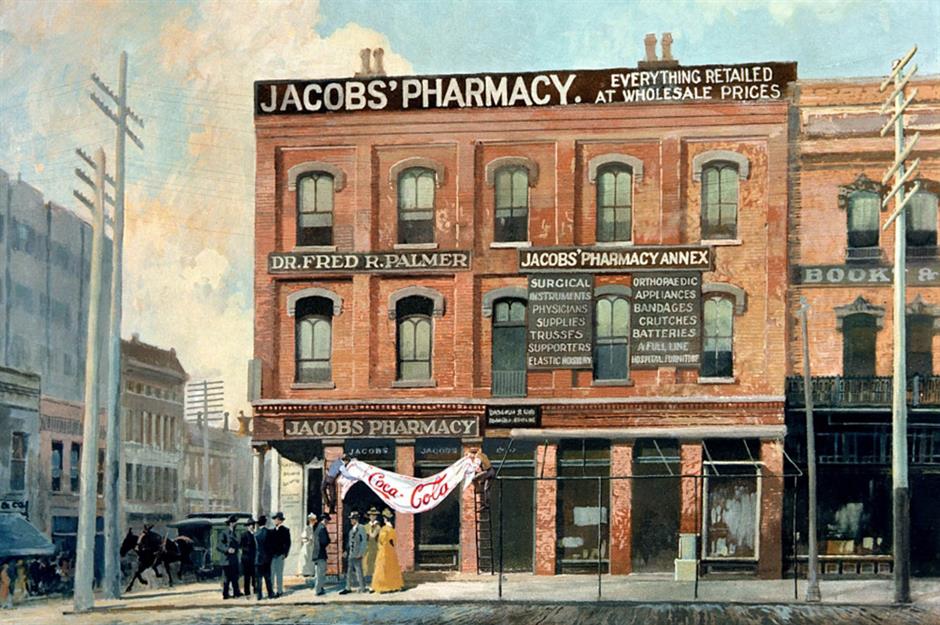
Georgia-based pharmacist and morphine addict John Pemberton, who was desperate to cure his addiction, invented an alcoholic drink in the 1860s containing cocaine and caffeine. When Atlanta enacted prohibition legislation in 1886, Pemberton worked with drugstore owner Willis E Venable to create a non-alcoholic variant, which was named Coca-Cola. The drink was first served in Atlanta's Jacobs' Pharmacy on 8 May 1888. The last trace of cocaine in the formula was eventually removed in 1903.
Kroger began as a bijou grocery store
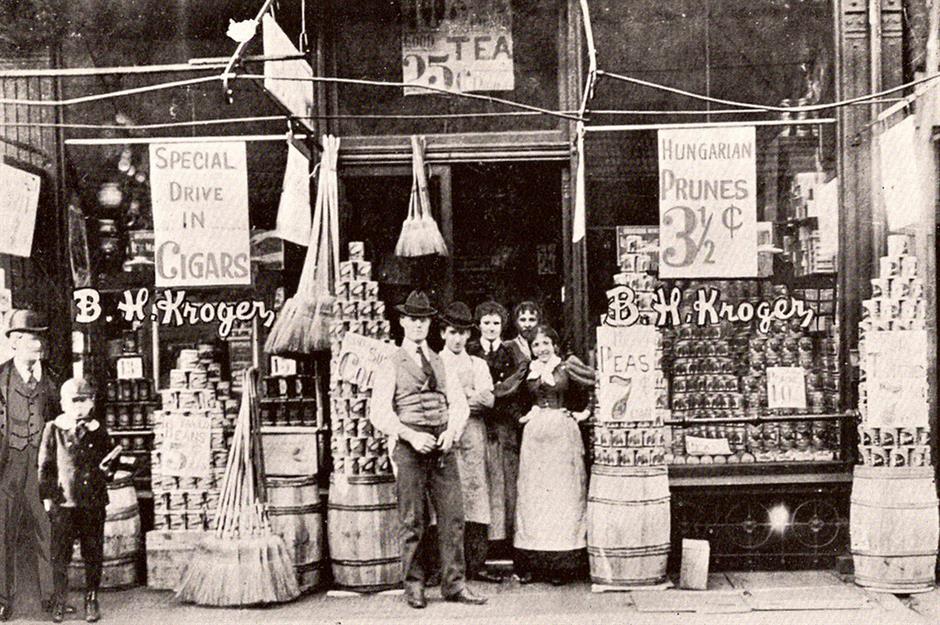
Walgreens began as a single drugstore
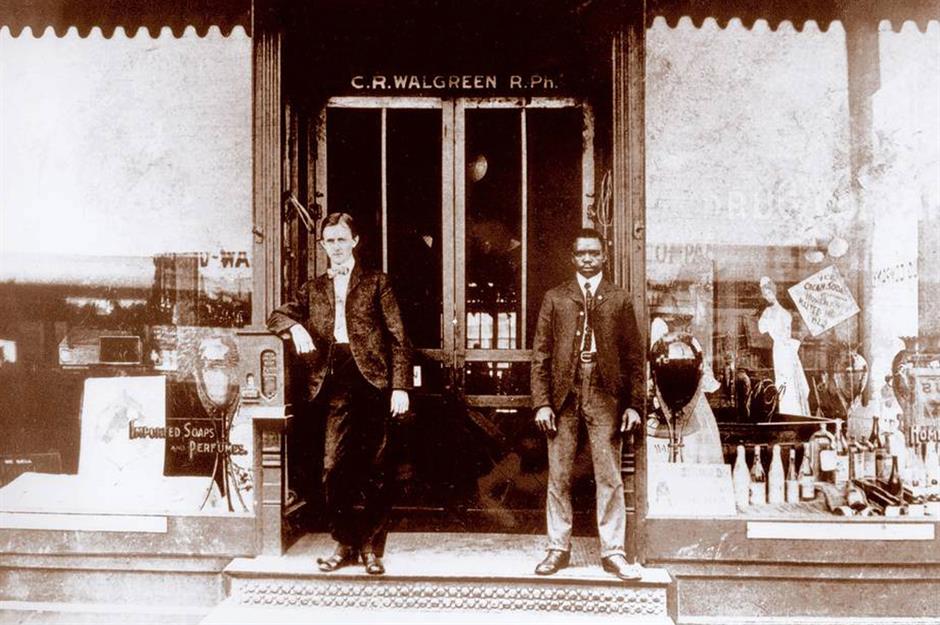
Sponsored Content
Nordstrom was founded as a small shoe store
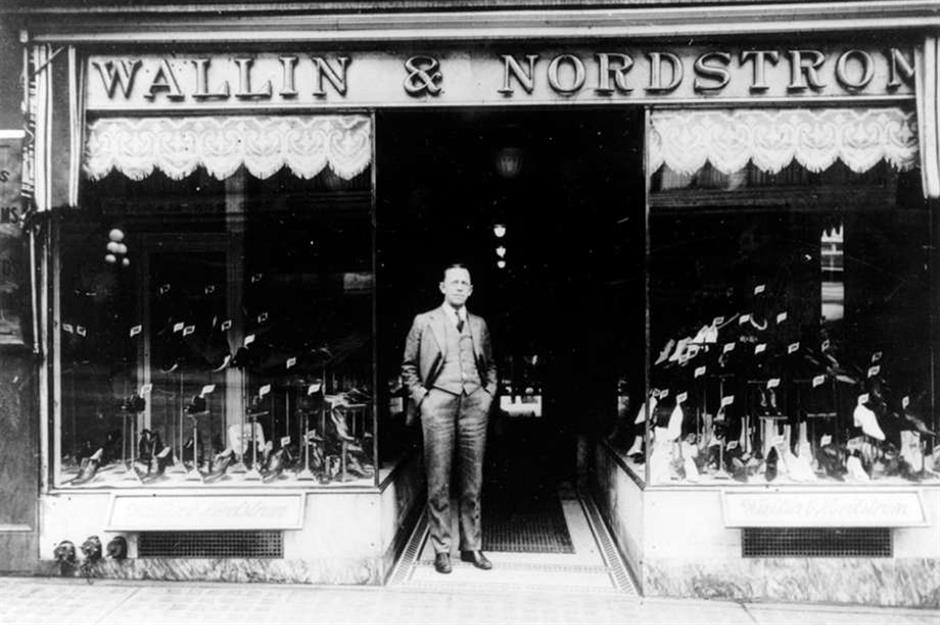
Swedish immigrant John W Nordstrom lucked out in the Klondike Gold Rush, cashing in to the tune of $13,000, around $96,000 (£67,900) in today's money. The plucky entrepreneur made a beeline for Seattle in 1901 and invested the money in a shoe store called Wallin & Nordstrom. The company expanded in the 1950s but didn't become a fully fledged department store chain until the 1960s.
Harley-Davidson built its first motorcycle in a backyard shed
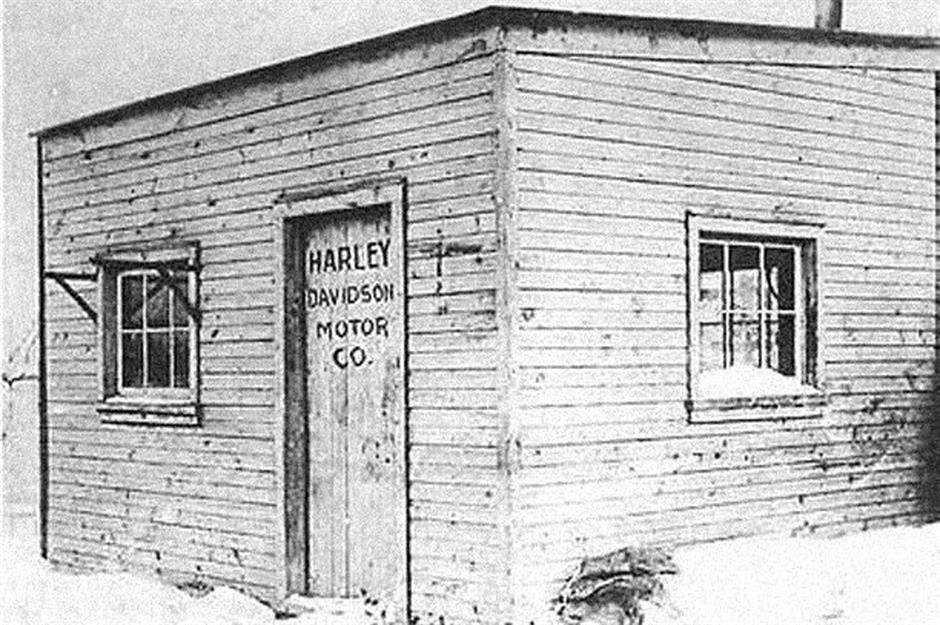
UPS had just one motorised delivery vehicle in its early days
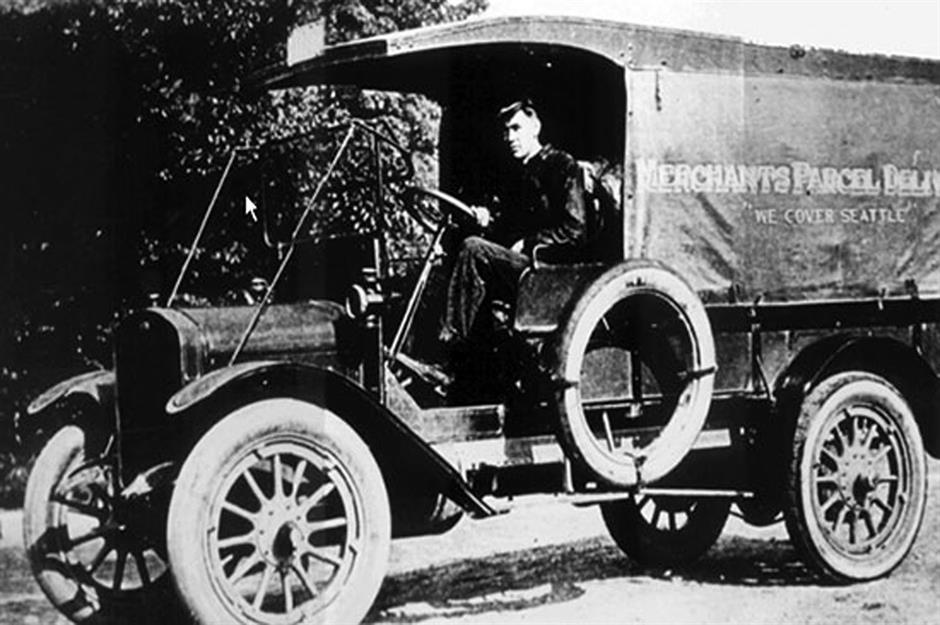
Sponsored Content
Aldi began as a small grocery store
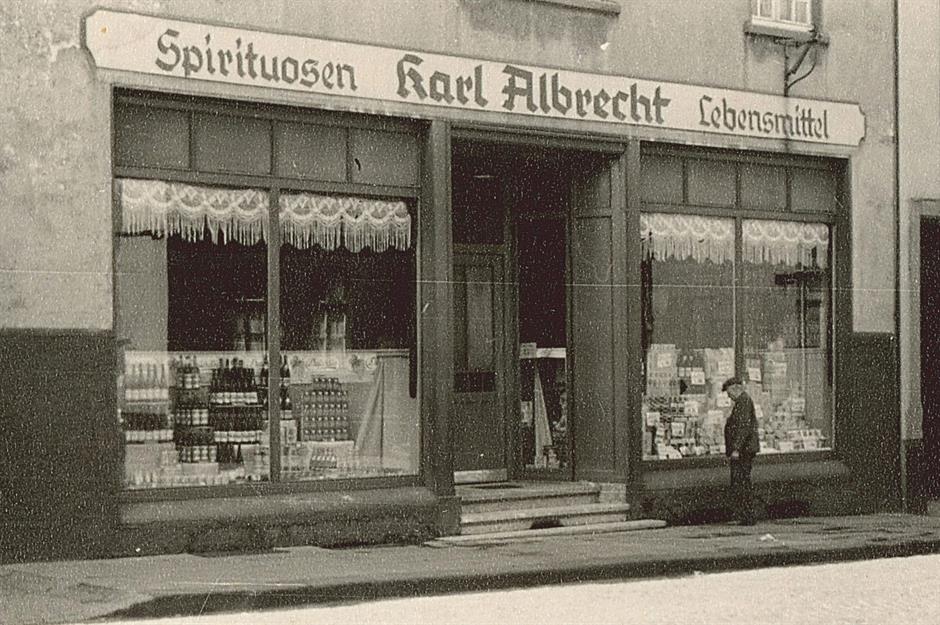
Tesco started out as a market stall
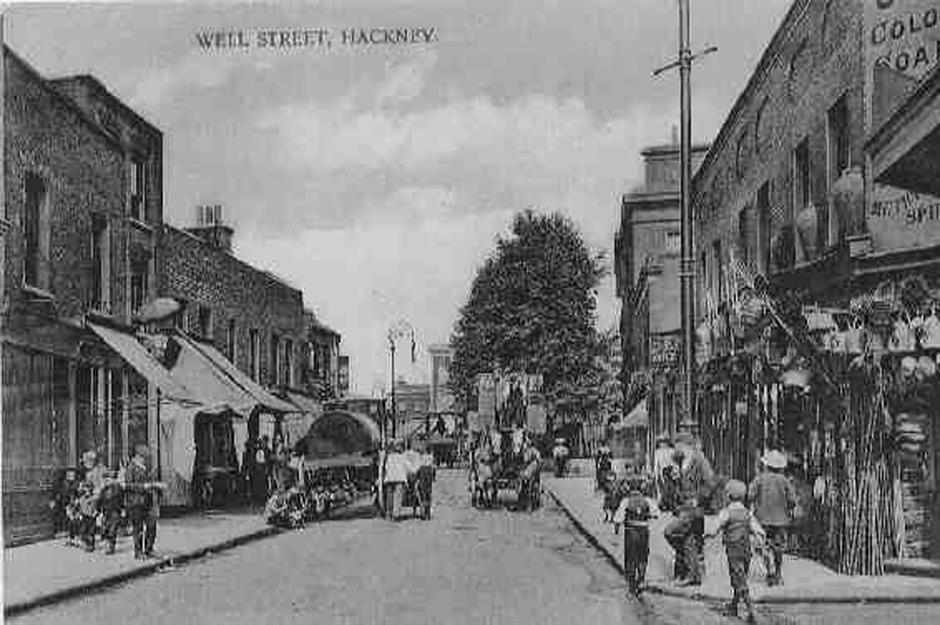
The Walt Disney Company's first studio was Walt Disney's uncle's garage
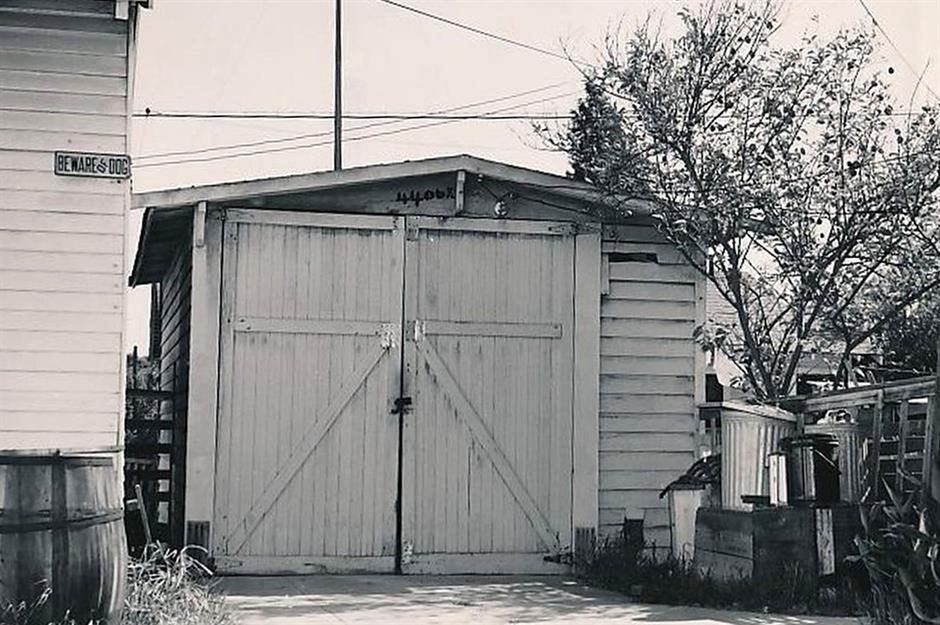
Today, the Walt Disney Company is the world's largest media conglomerate, but its origins are very humble indeed. Back in 1923, Walt Disney created his first Hollywood cartoon film Alice's Wonderland in a small garage behind his uncle Robert's home at 4406 Kingswell Avenue in Loz Feliz, Los Angeles.
Sponsored Content
Delta Air Lines began as a crop-dusting operation
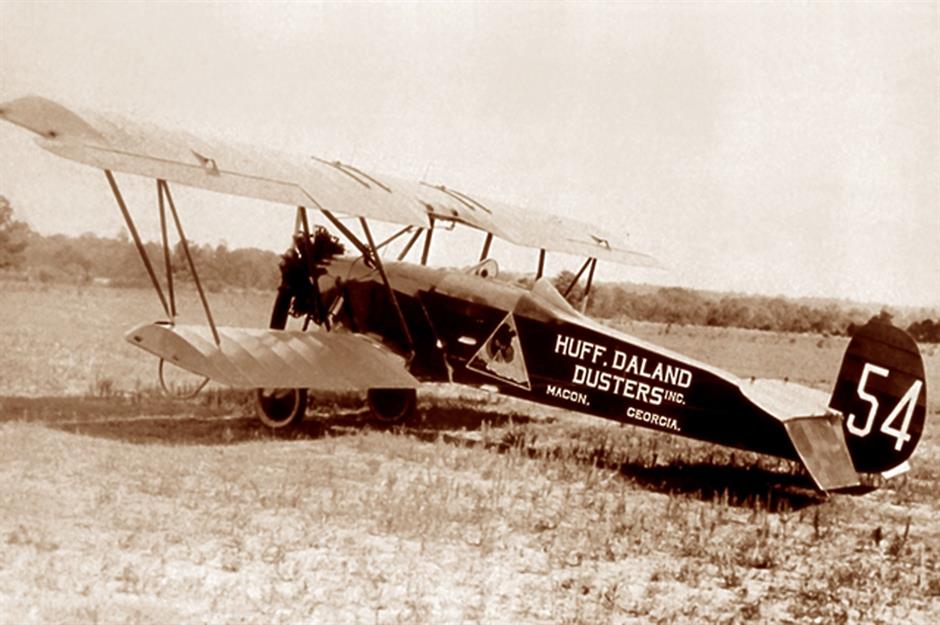
The world's second-largest airline today, Delta's origins are exceedingly humble. Delta started out in 1924 in Georgia as a crop-dusting operation using just one plane, which sprayed insecticide to combat a boll weevil infestation of cotton crops in the Deep South.
7-Eleven was launched as a stand selling basic groceries
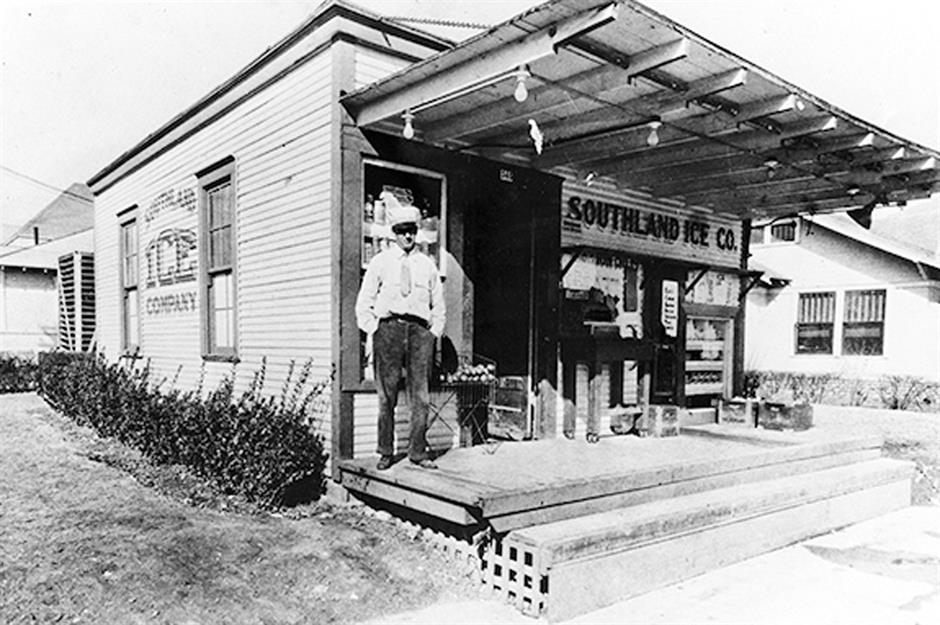
KFC began as a single service station cafe
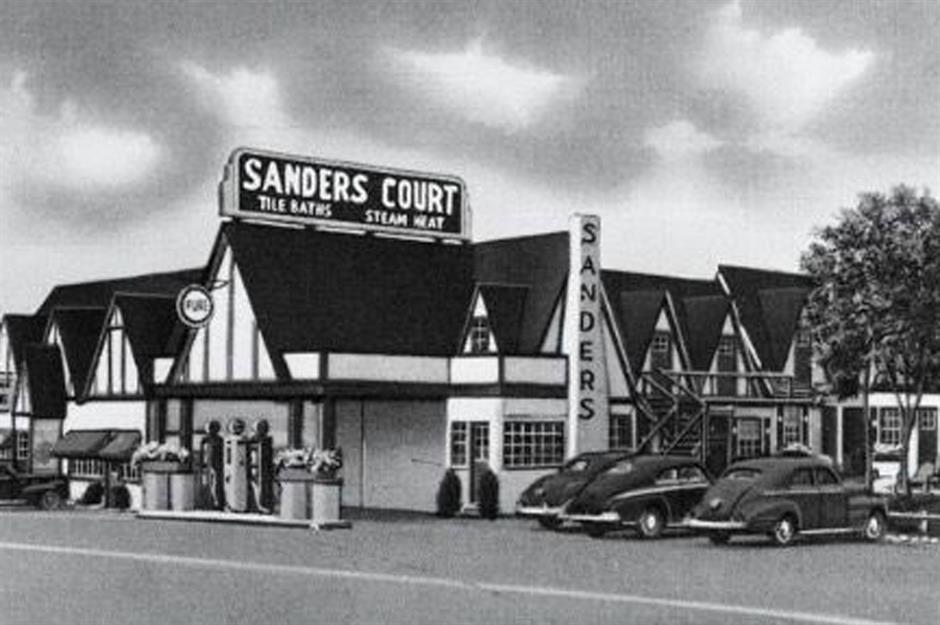
Sponsored Content
Lidl began as a humble fruit wholesaler
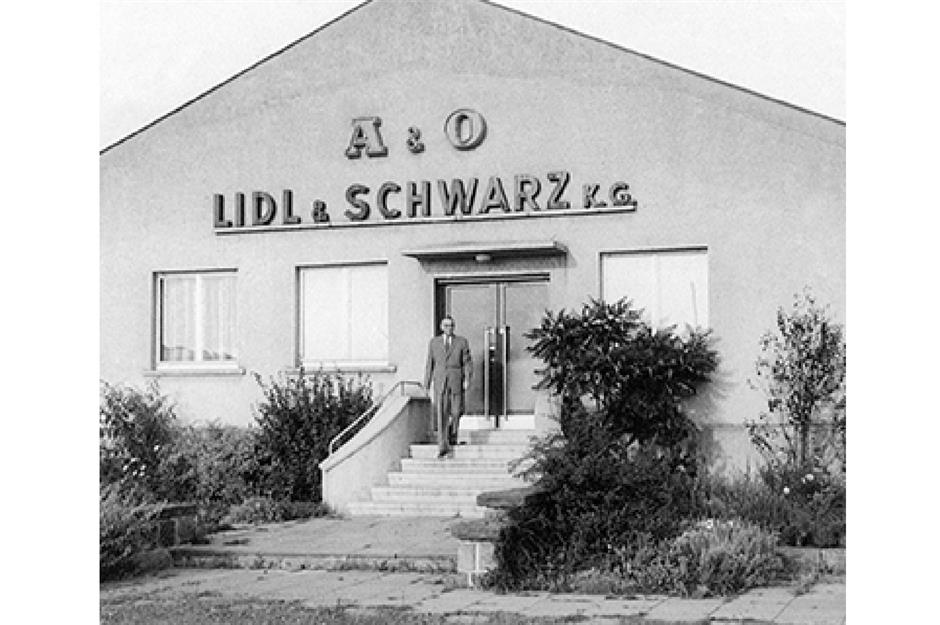
Samsung was originally a tiny grocery store and trading firm
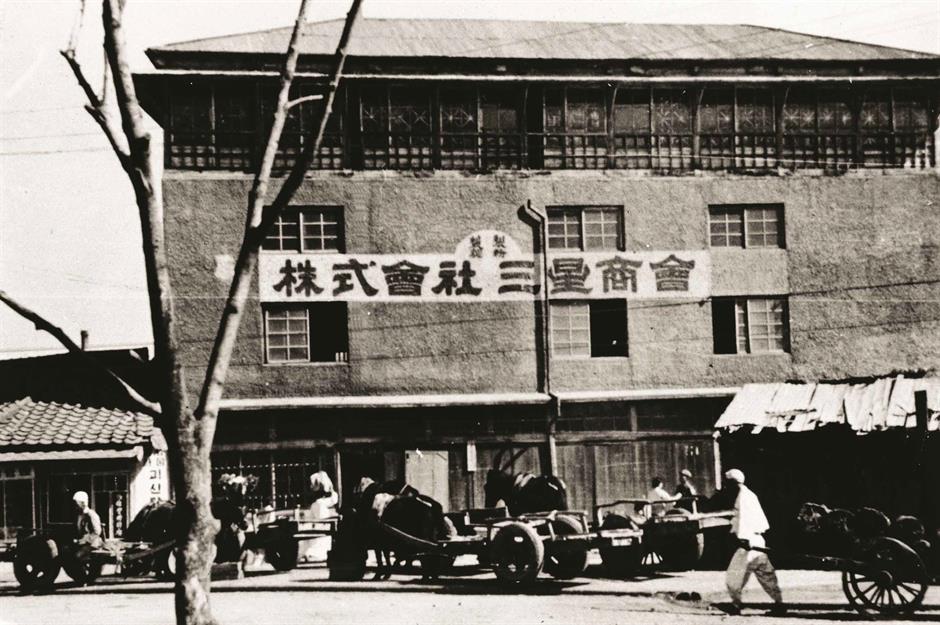
Now one of the world's largest conglomerates, South Korea's Samsung, which encompasses everything from electronics to shipbuilding and insurance, began in the city of Daegu in 1938 when Lee Byung-chull established Samsung Sanghoe, a small grocery store and trading company that sold dried fish, noodles and other groceries.
Hewlett-Packard's first HQ and factory was a garage
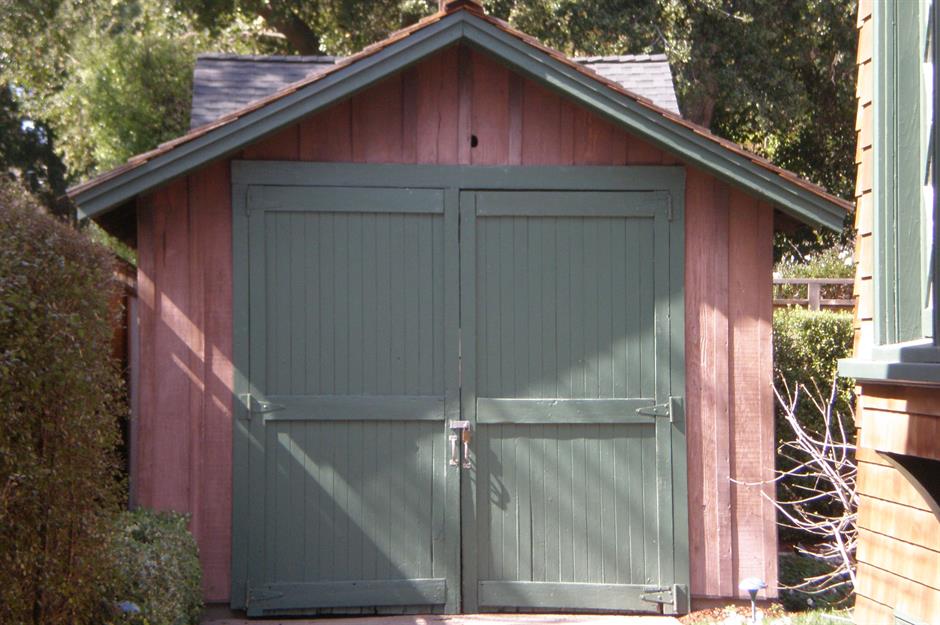
Sponsored Content
McDonald's started as a food stand
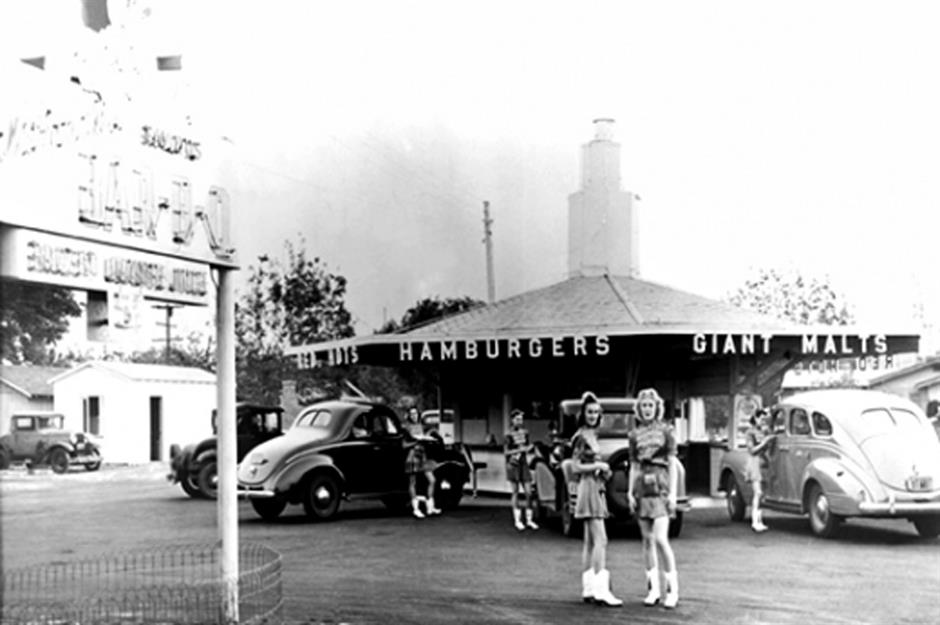
IKEA was established with a cash reward for good grades
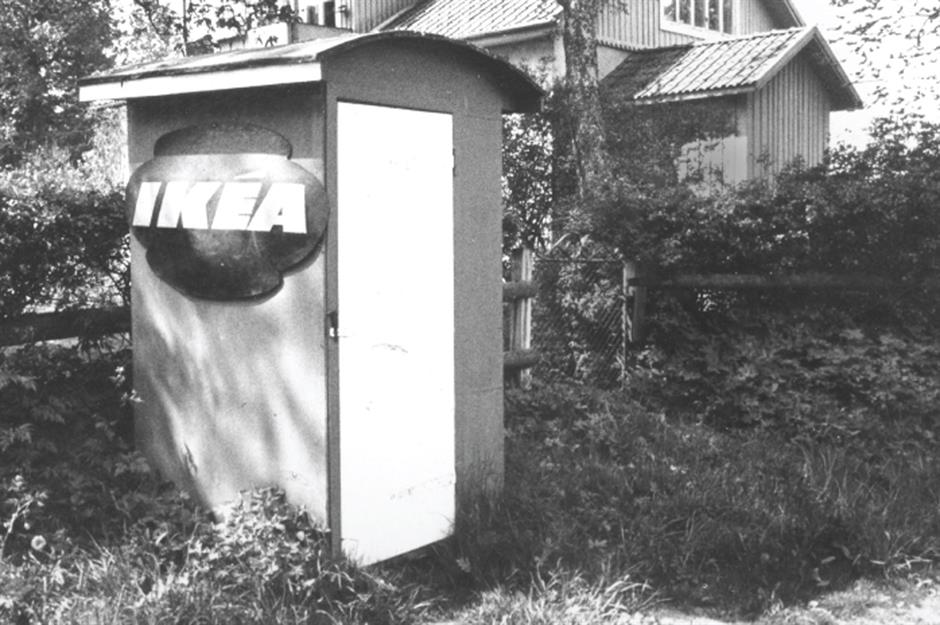
Walmart owes its origin to a franchised five and dime store
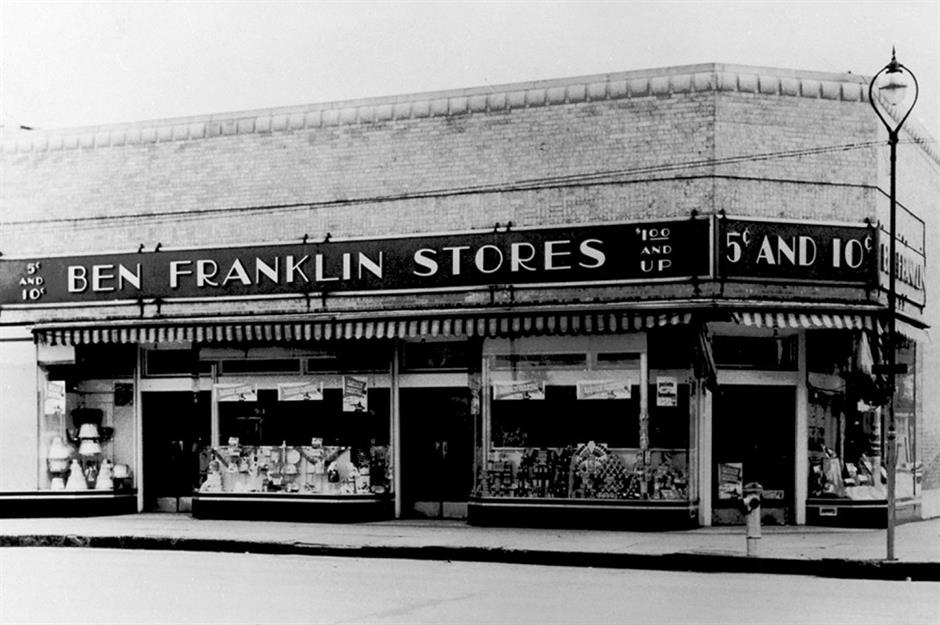
Entrepreneur Sam Walton made his first foray into retail in 1945 when he paid $25,000, which is $351,000 (£248,300) in today's money, to franchise a Ben Franklin five and dime store in Newport, Arkansas. Buoyed on by the store's success, Walton opened the tiny Eagle department store and then a five and dime in Bentonville, Arkansas before lauching the very first Walmart location in Rogers, Arkansas in 1962.
Sponsored Content
Mattel originated in a garage
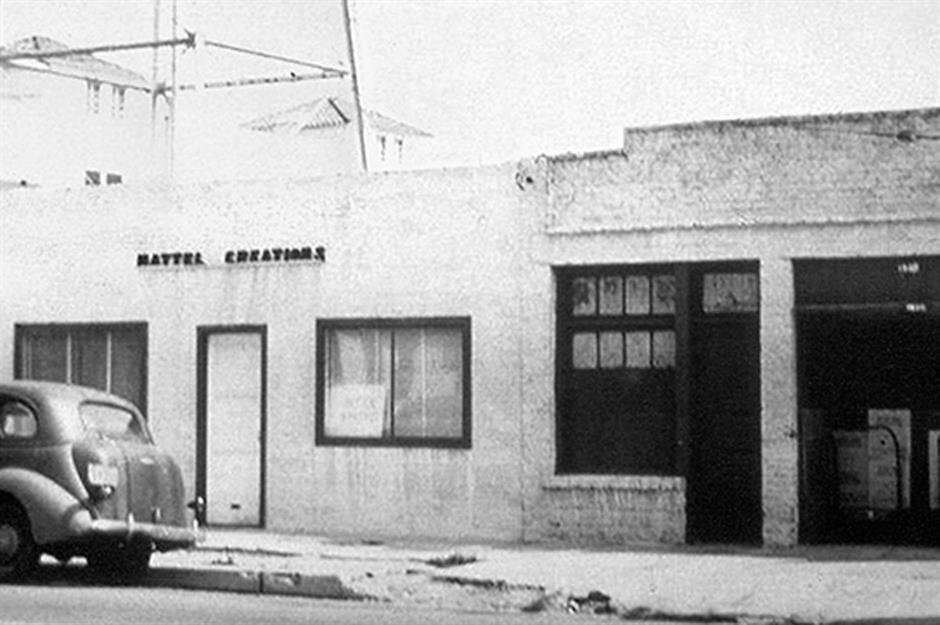
Ferrero started out as a modest liquor, candy and pastry shop
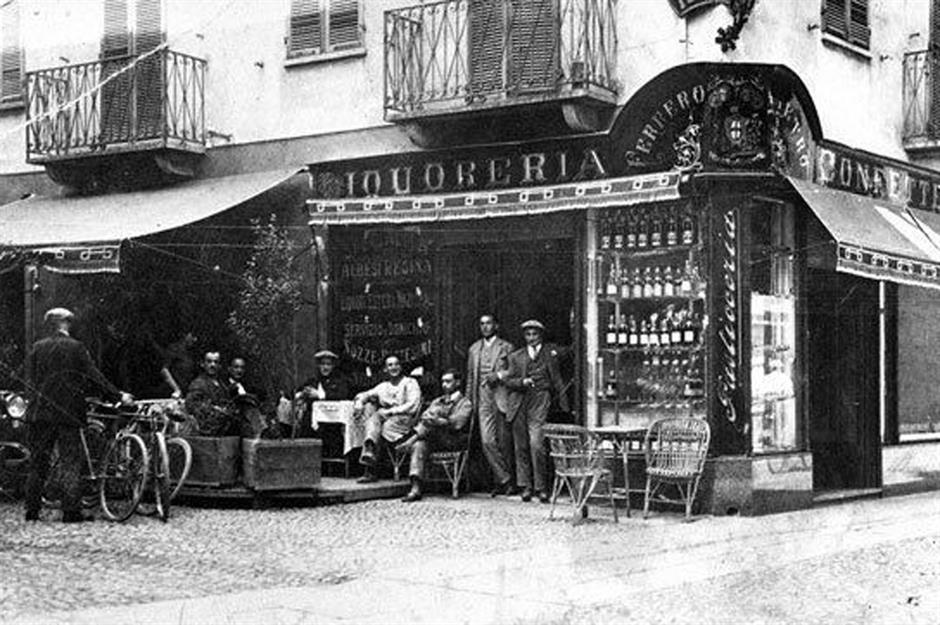
Dunkin' had just one store at the get-go
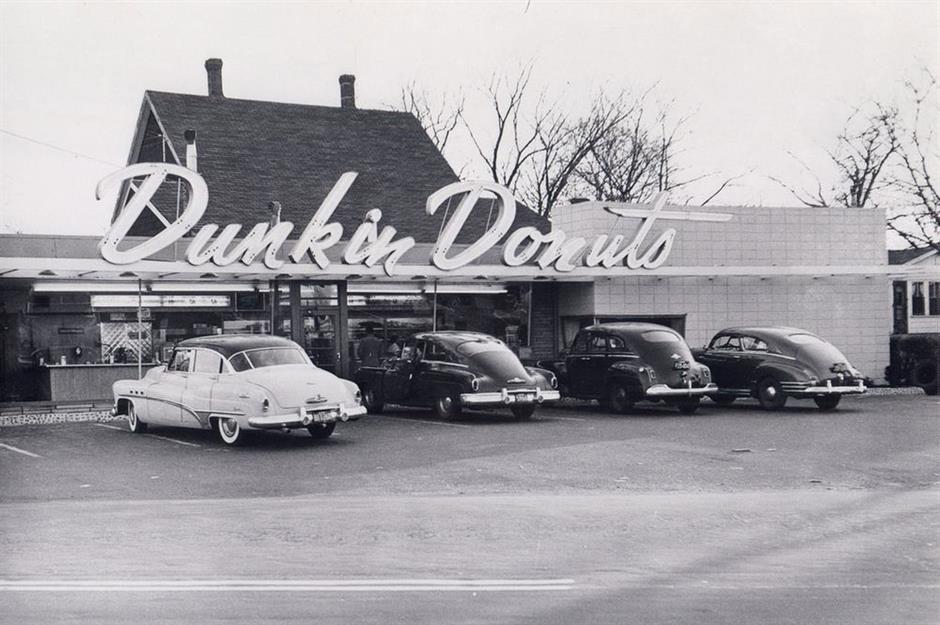
Sponsored Content
Carrefour began as a relatively modest supermarket
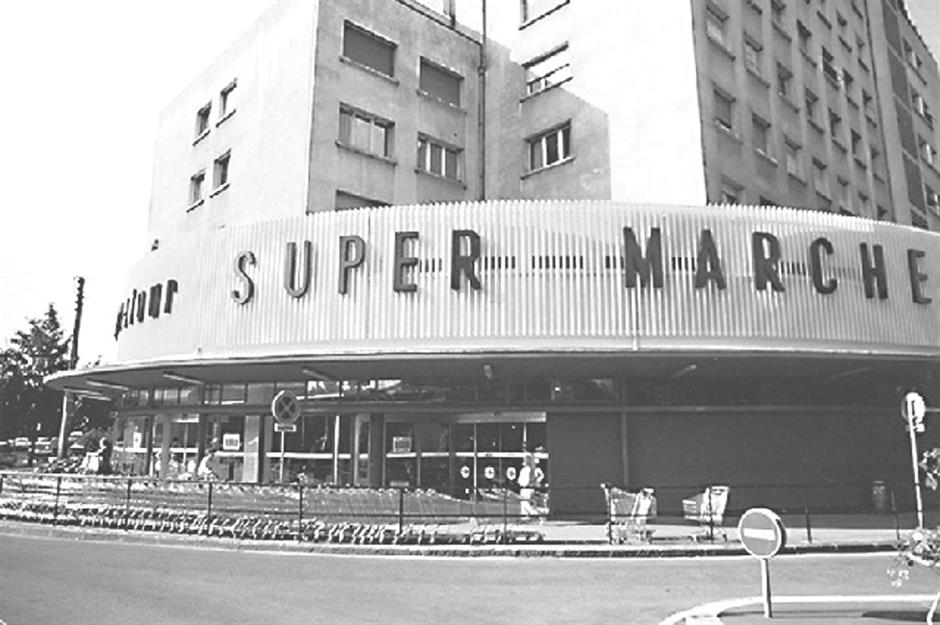
Reliance Industries started out importing polyester yarn and exporting spices
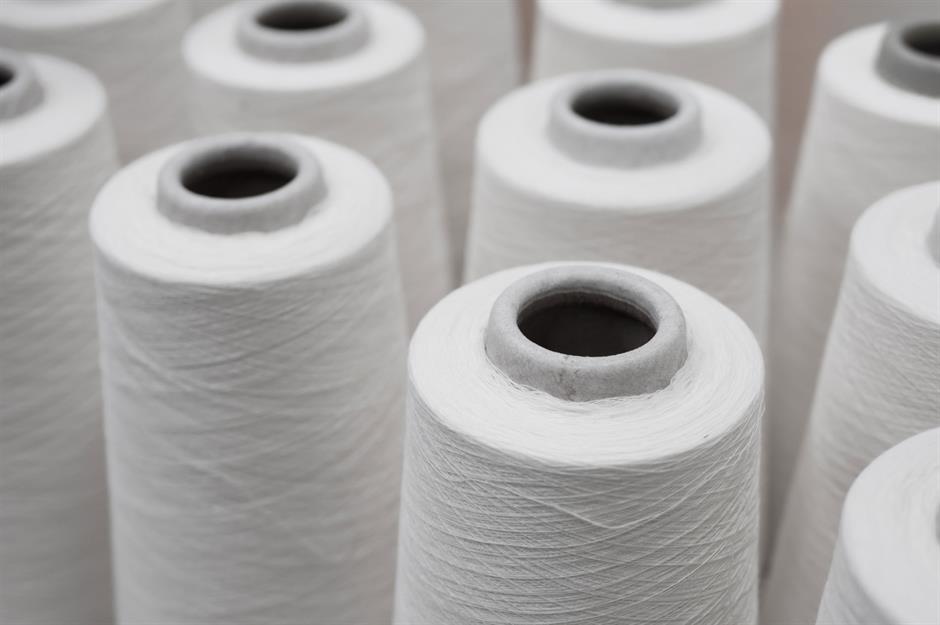
Enormous Indian conglomerate Reliance Industries has interests in petrochemicals, retail, telecoms, and more, but the business started small. Dhirubhai Ambani and Champaklal Damani founded the enterprise in the early 1960s as a modest import/export company dealing in polyester yarn and spices.
Nike first operated out of the trunk of a car
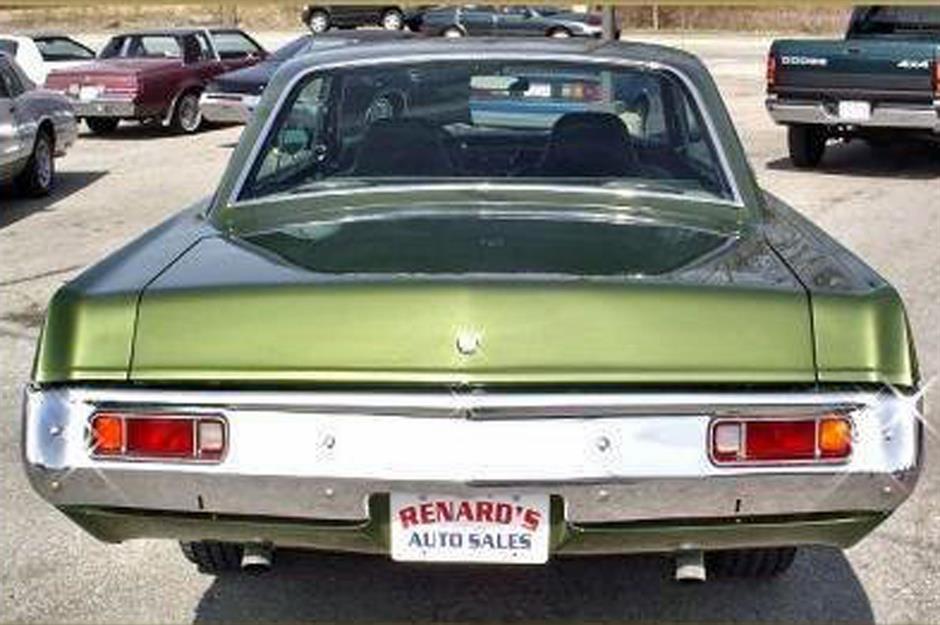
Other major international companies started out modestly enough with a small shop or garage, but Nike trumps them all. The sportswear leviathan was founded in 1964 by college runner Phil Knight and his track coach Bill Bowerman in Eugene, Oregon with just $500, and operated out of the trunk of a Plymouth Valiant, from which Knight distributed Japanese Onitsuka Tiger running shoes.
Sponsored Content
Subway started with just one sandwich shop
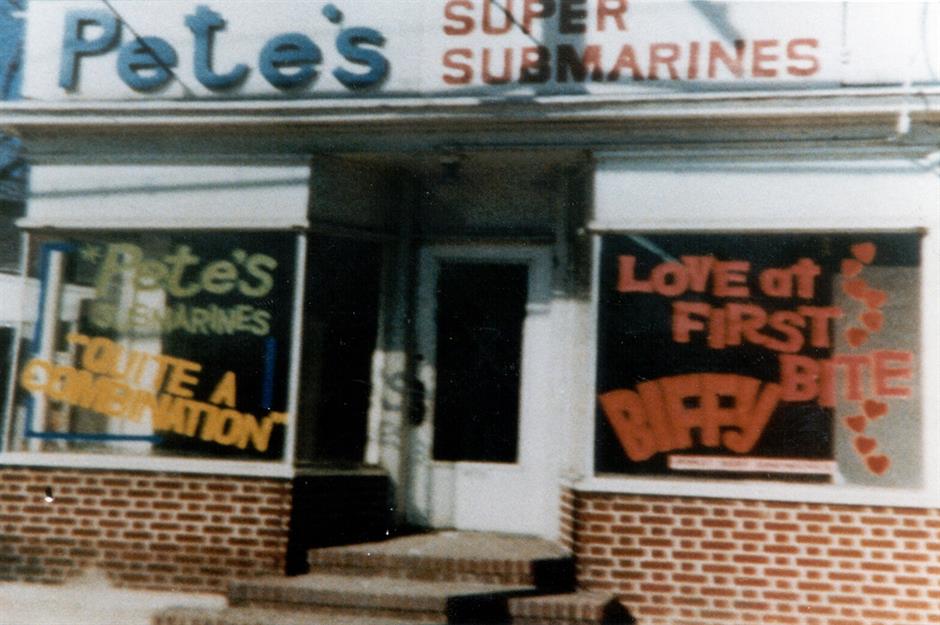
These days Subway has tens of thousands of locations in over 100 countries but the chain started extremely small in 1965 with just one sandwich shop in Bridgeport, Connecticut called Pete's Super Submarines. The shop was initially named after co-founder and nuclear physicist's Dr Peter Buck's words to student Fred Deluca: "Let's open a submarine sandwich shop." It did a roaring trade, selling an average of 312 sandwiches a day, and owners Buck and Deluca franchised the concept not long after.
Southwest started as a strictly Texas-only airline
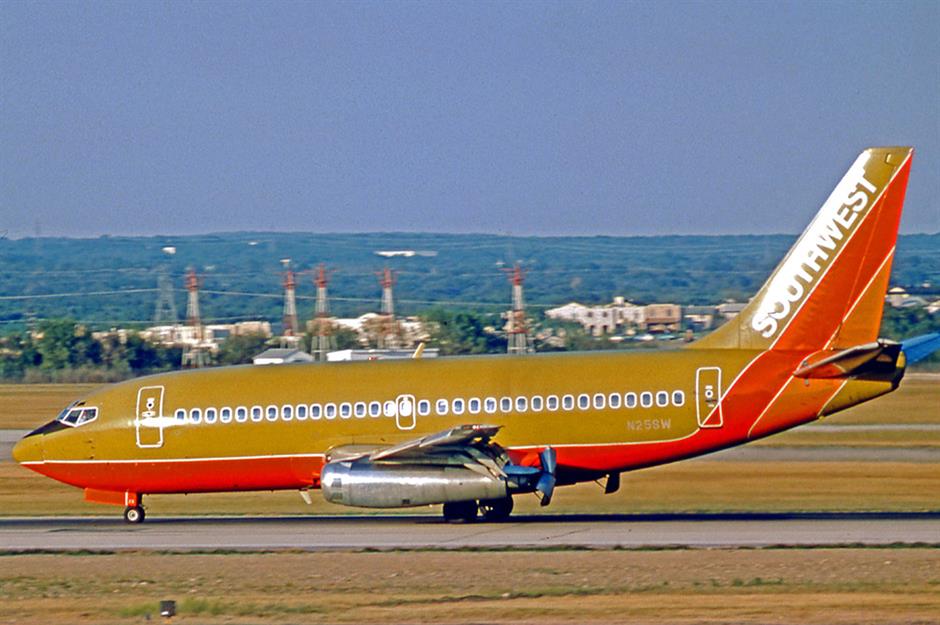
Southwest Airlines came into being on 15 March 1967 and started as a strictly Texas-only airline. Shrewdly, by flying exclusively within the Lone Star State, the airline avoided Civil Aeronautic Board regulations and price controls, enabling it to undercut the competition. The airline added its first routes outside of the state in 1978.
Virgin was initially a mail order company
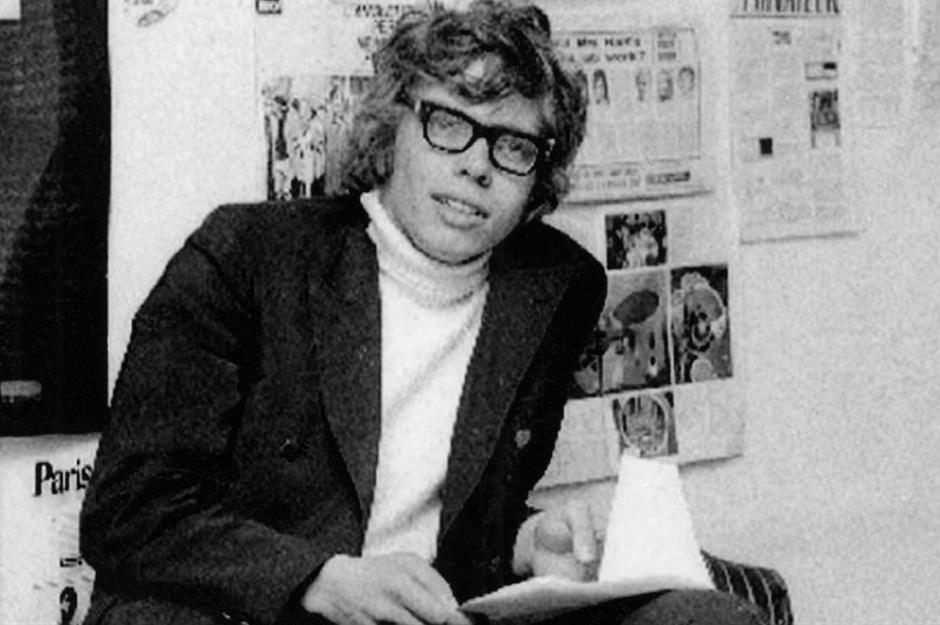
Sponsored Content
Starbucks started out as a one-store coffee bean retailer
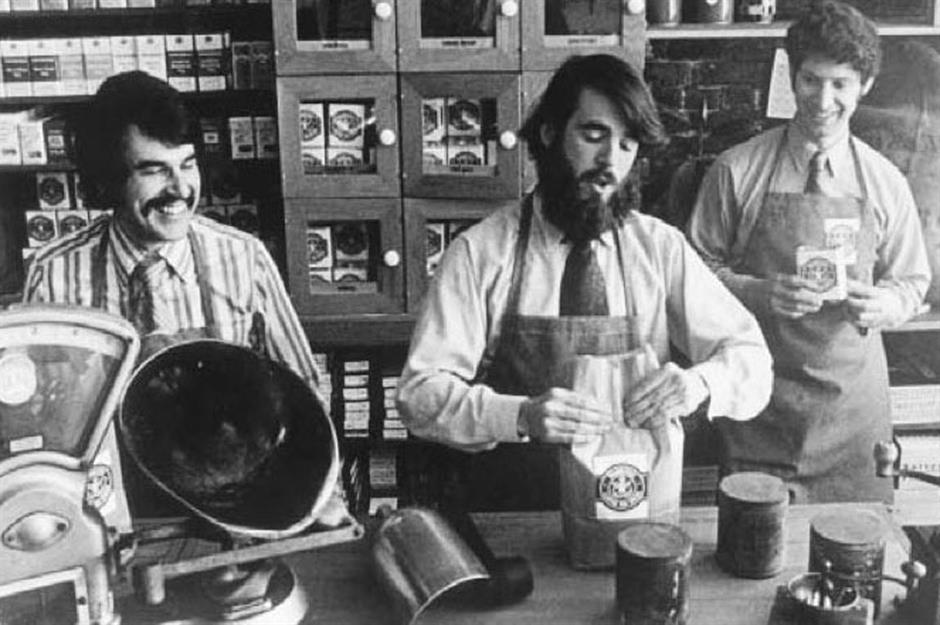
The very first Starbucks was opened at No 1912 Pike Place, Seattle on 31 March 1971 by three University of San Francisco grads and only sold coffee beans. The company stayed super-small until entrepreneur Howard Schultz bought it out in 1987 and embarked on an ambitious expansion plan.
Cardinal Health was a minor food wholesaler at the outset

Cardinal Health is one of the world's largest healthcare product distributors. But it wasn't always so flush with money. The company, which was founded in Ohio in 1971, was a minor food wholesaler during its early days and didn't start distributing pharmaceuticals until 1979.
Zara/Inditex originated as a single store called Zorba
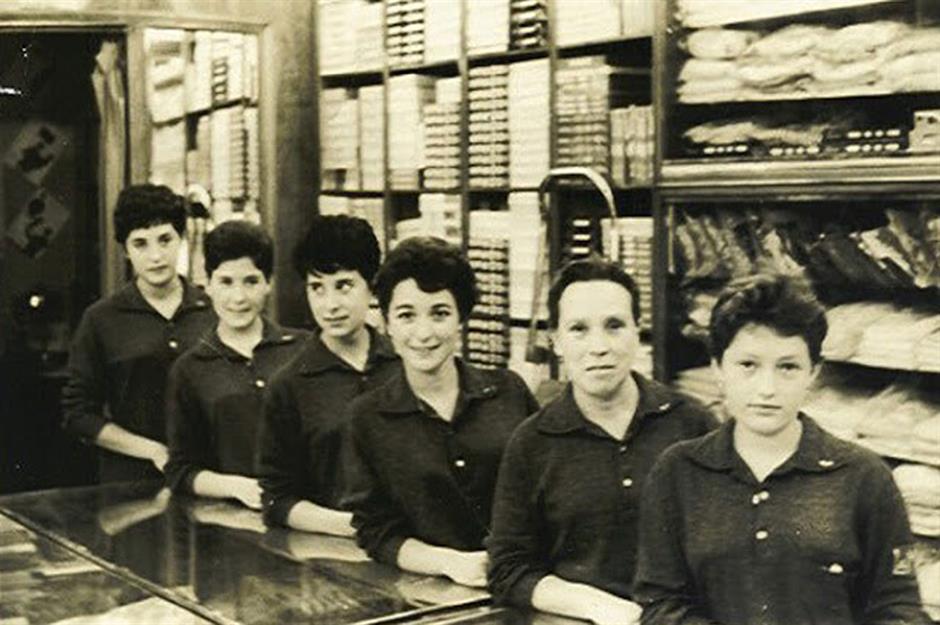
Fast-fashion retailer Amancio Ortega and his late ex-wife Rosalía Mera opened the first Zara store in 1975 in A Coruña in northwest Spain, initially calling it Zorba after the Zorba the Greek. Fast-forward and the Inditex Group of which Zara forms part has thousands of stores in 93 countries and turns over tens of billions of dollars a year.
Amancio Ortega: the Zara founder's journey from poverty to billions
Sponsored Content
Whole Foods Market co-founders John Mackey and Rennee Lawson were forced to live in their first store
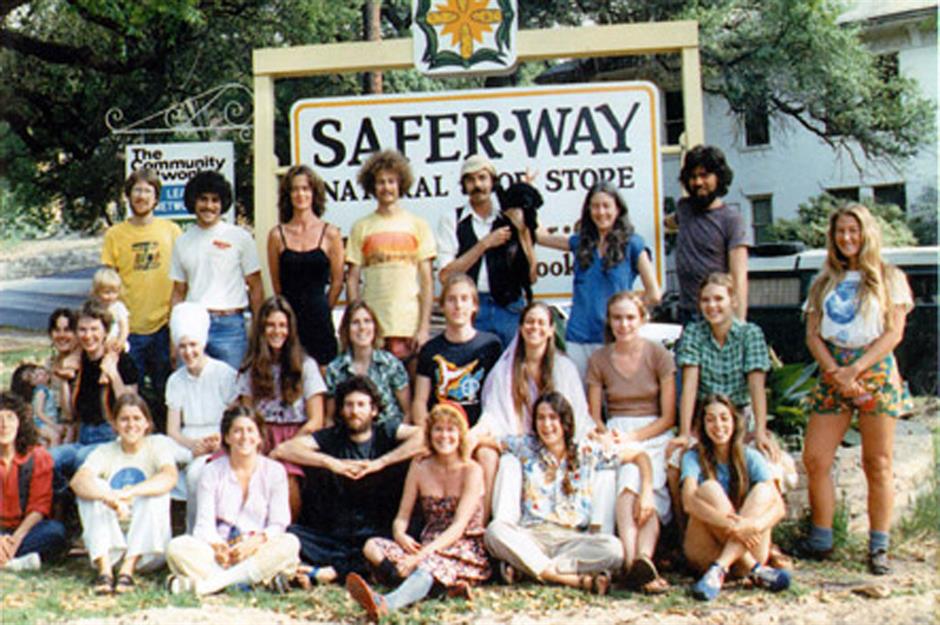
Whole Foods Market co-founders John Mackey and Renee Lawson borrowed money from friends and family in 1975 to set up their first business, a vegetarian natural foods store in Austin, Texas called SaferWay, and were forced to live in it for a time after they were evicted from their apartment. Two years later, the store merged with Clarksville Natural Grocery and Whole Foods Market was born.
Microsoft originated in an Albuquerque garage
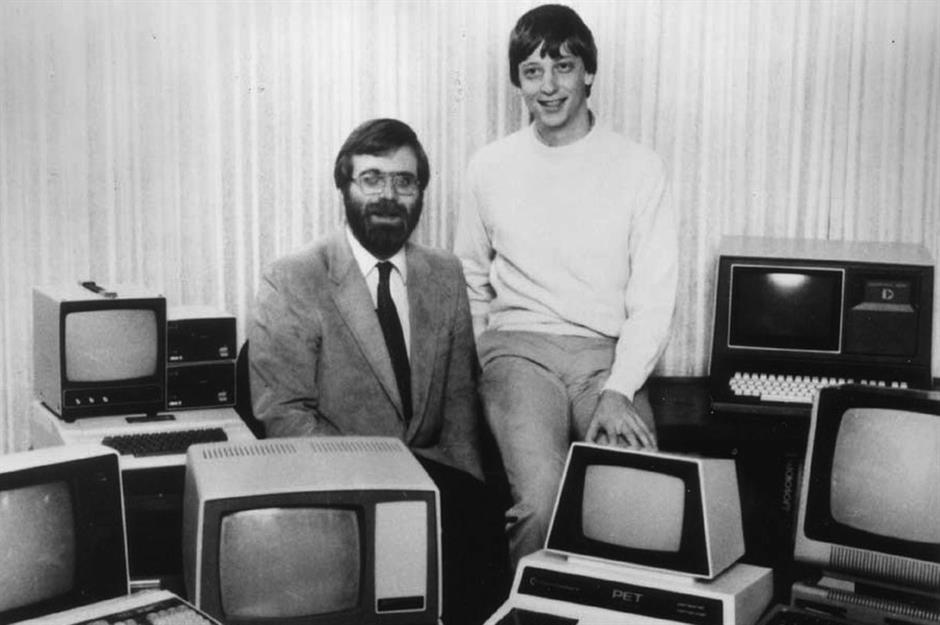
Another incredibly successful company that was born in a garage is Microsoft. Originally named Micro-Soft, it was founded by childhood friends Bill Gates and Paul Allen in a garage in Albuquerque, New Mexico on 4 April 1975. The fledgling computer firm started out developing software for the Altair 8800, the game-changing device that sparked the PC revolution.
Apple was born in a garage?
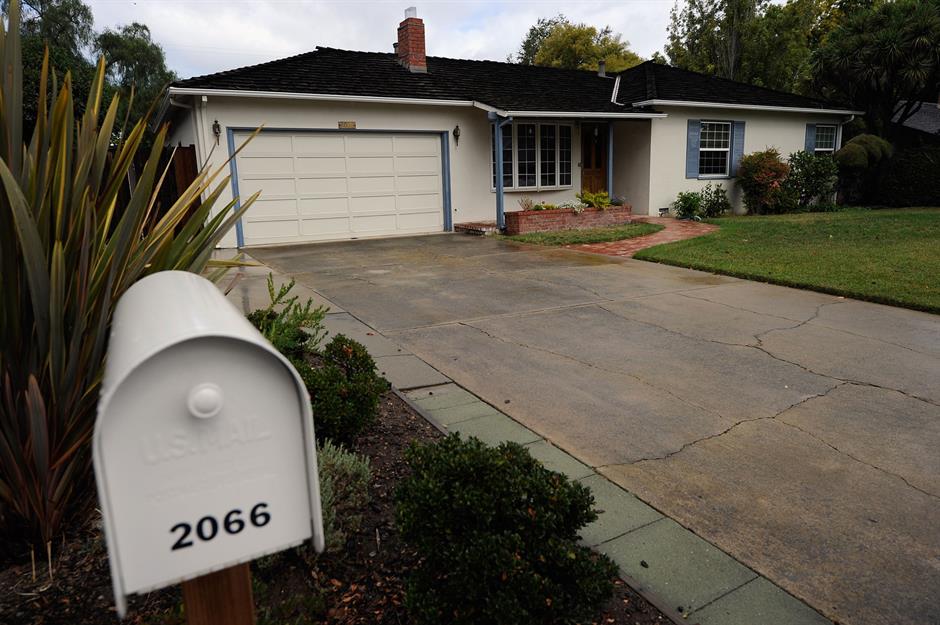
Apple was born in 1976 in the garage of Steve Jobs' parents in Los Altos, California, where Steve Wozniak worked on the the company's first prototype computer, which Jobs funded by selling his hippie van – so the story goes. Wozniak has admitted that the bulk of the work on the Apple I was done elsewhere and the garage thing is “a bit of a myth”. Still, the tech firm did start out very small.
Sponsored Content
Ben & Jerry's started out as a neighbourhood ice cream parlour
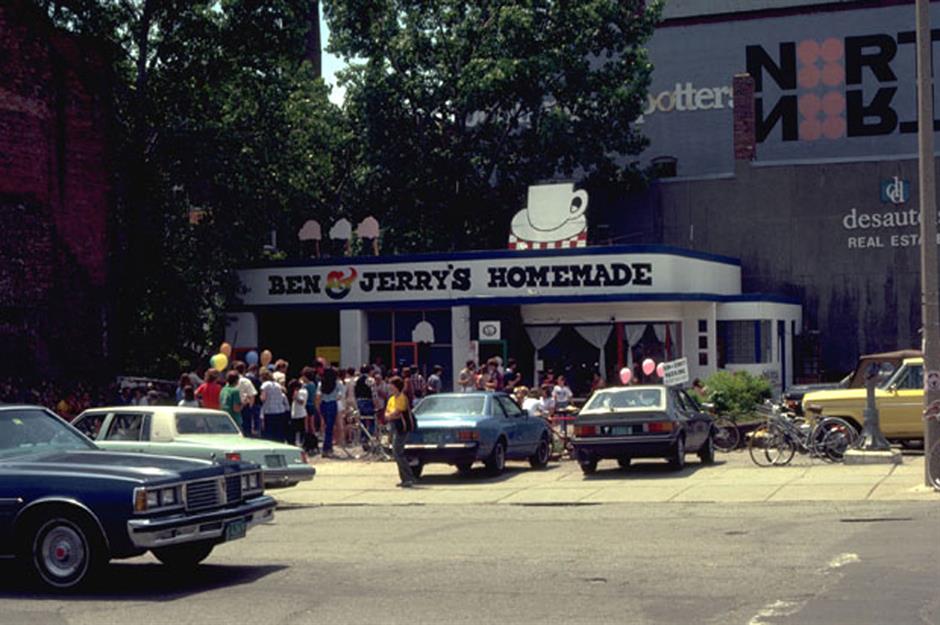
Now a subsidiary of Unilver, ice cream company Ben & Jerry's started out in May 1978 as an ice cream parlour in a renovated gas station in Burlington, Vermont. Founders Ben Cohen and Jerry Greenfield invested $12,000 to open the store.
Dell was also conceived in a university dorm room
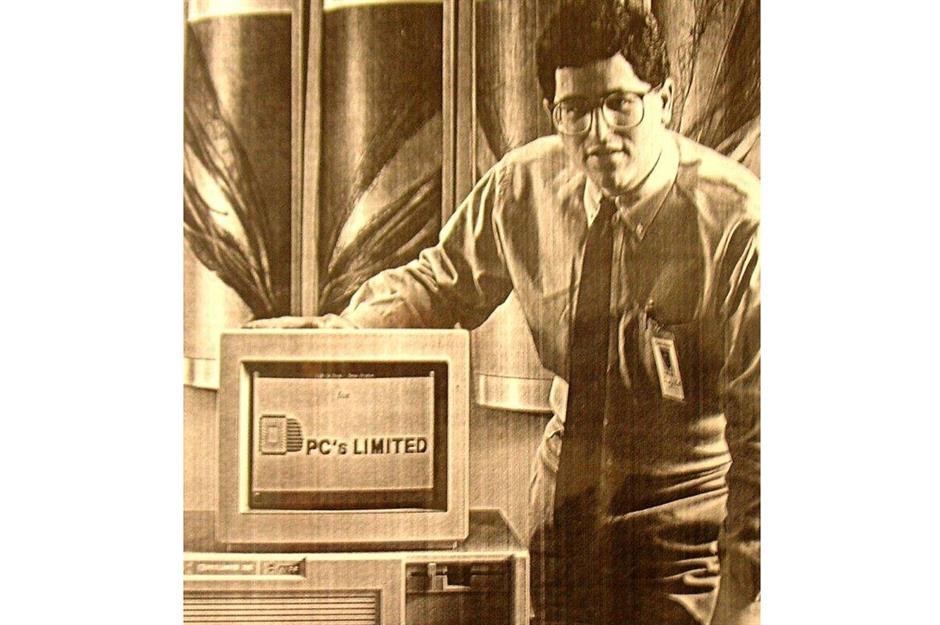
Ryanair began with just one route
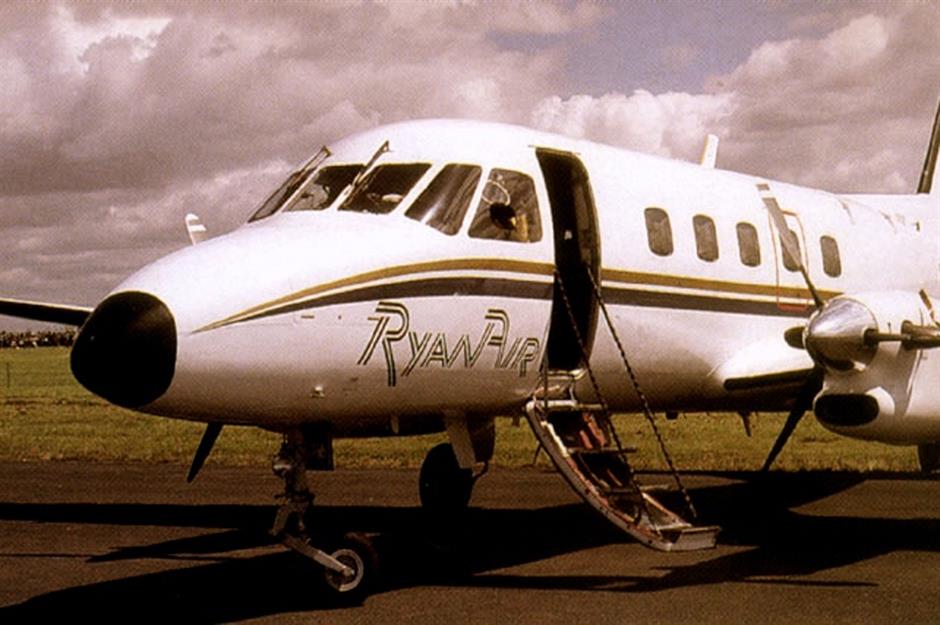
Europe's biggest budget airline Ryanair had a very modest beginning. When the Irish carried was established in 1984, it operated just one route, from Waterford Airport in the Republic of Ireland to the UK's London Gatwick. By operating a very 'no-frills' service it undercut the competition. The airline carried 148.6 million passengers in 2020.
Sponsored Content
Amazon was created in a garage

Founder Jeff Bezos, now the world's richest person, created the game-changing e-commerce site Amazon in 1994 in the garage of his three-bedroom rented home in the Seattle suburb of West Bellevue. Incidentally, the house (pictured) sold for just over $1.5 million (£1.1m) in 2019.
easyJet started out with just two leased planes
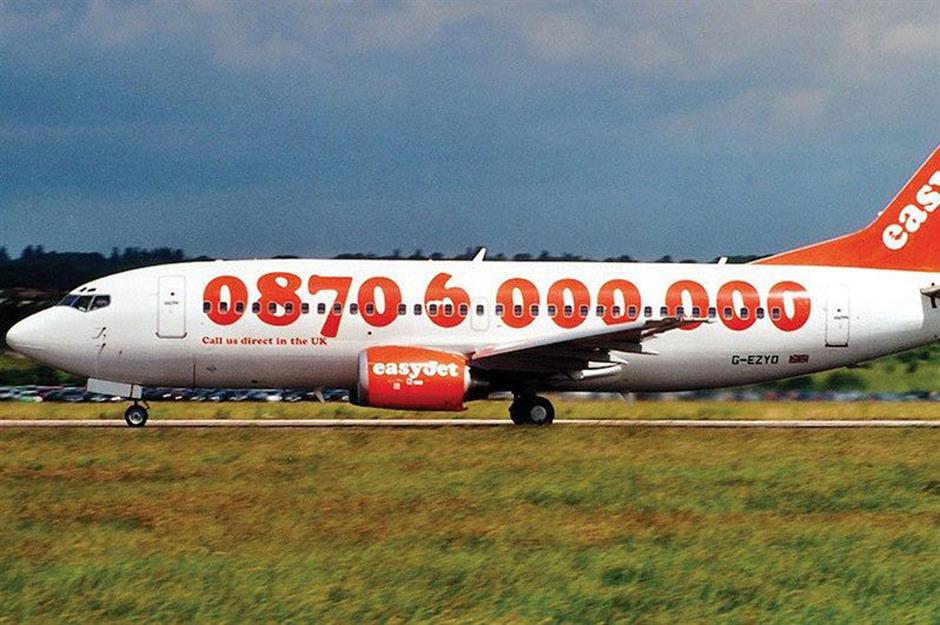
The UK's number one budget airline, easyJet was founded by British-Cypriot entrepreneur Stelios Haji-Ioannou in 1995. The airline was launched with two leased Boeing 737-200 aircraft and started out with just two routes, London Luton Airport to Glasgow and Edinburgh. In 2019, it carried over 96 million passengers.
eBay came into being as a hobby site created in a suburban living room
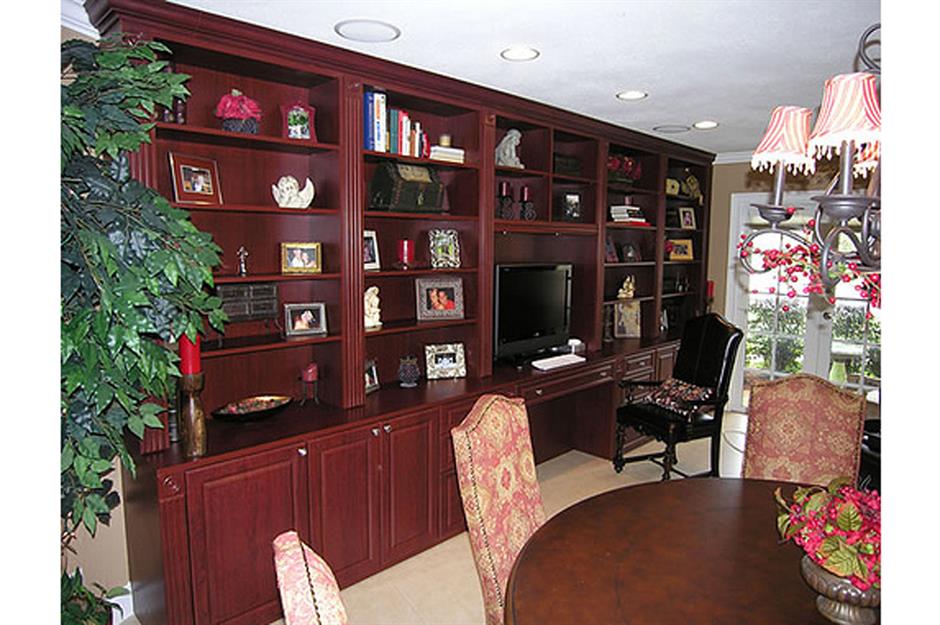
Sponsored Content
Google was founded in, yes you've guessed it, a garage
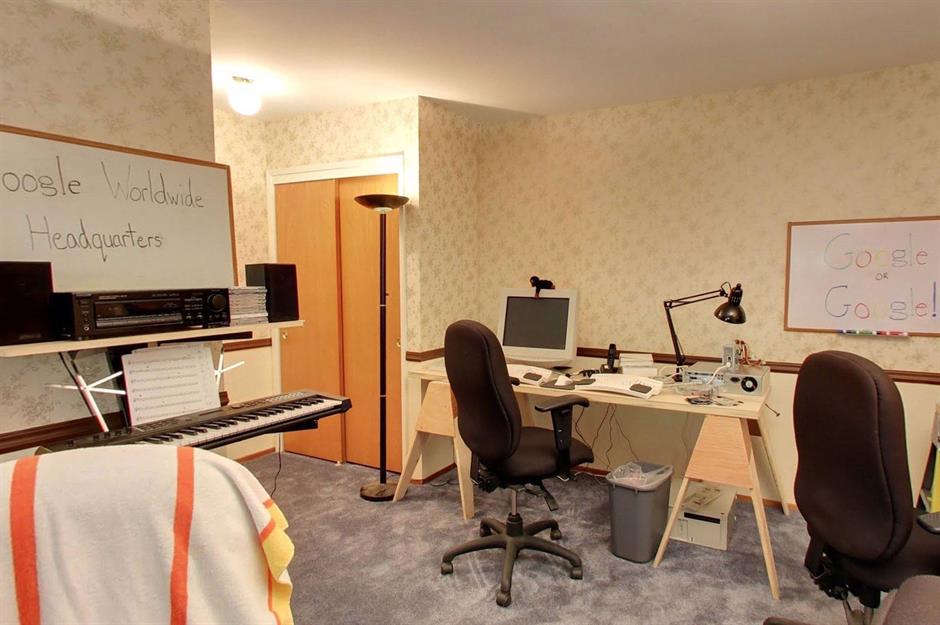
Like Amazon, Microsoft and Apple, Google operated out of a garage during its early days. The search engine's founders Sergey Brin and Larry Page rented a garage in Menlo Park, California from September 1998 for $1,700 a month courtesy of their friend and future colleague Susan Wojcicki, who was struggling to meet her mortgage repayments.
Alibaba was also launched from its founder's apartment
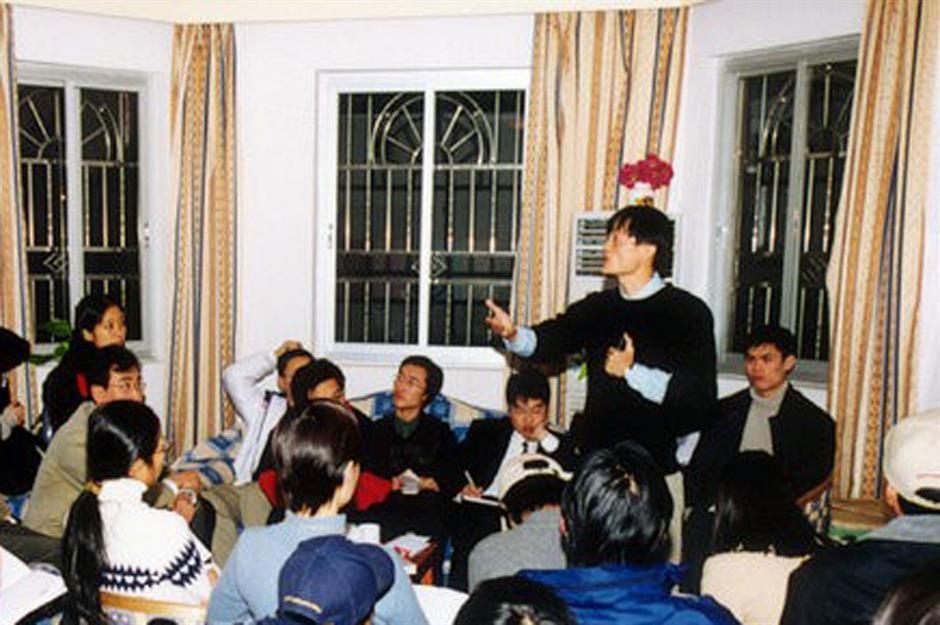
One of the world's biggest and most valuable companies, Chinese e-commerce and cloud computing giant Alibaba started out just 20 years ago in a tiny apartment. Founder Jack Ma created the firm in 1999 along with 17 friends in his poky pad in Hangzhou.
Spanx was launched from its founder's apartment
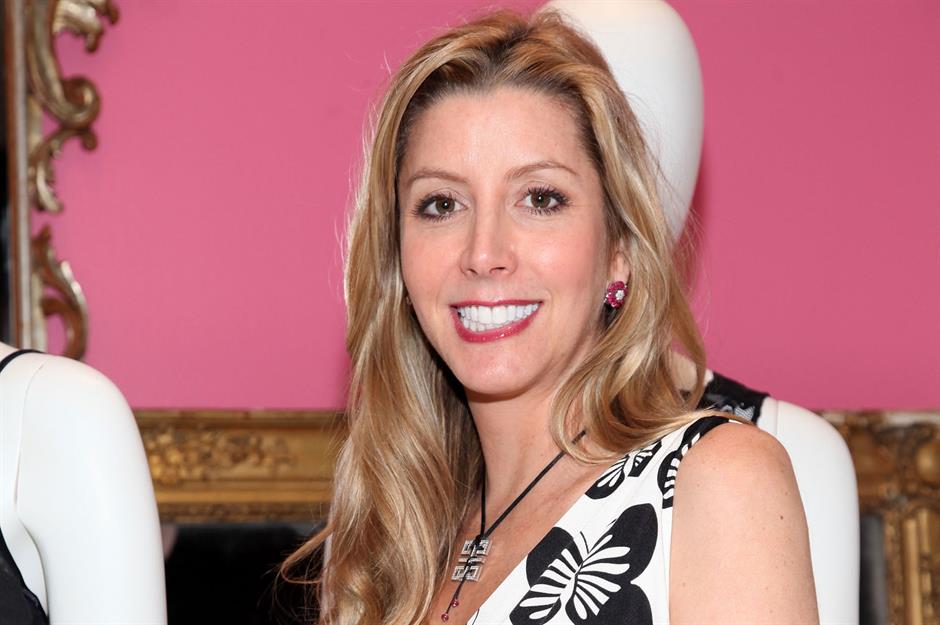
Entrepreneur Sara Blakely single-handedly developed and financed the shaping hosiery concept she named Spanx, and launched the brand from her Atlanta apartment in 2000, two years after coming up with the initial idea. At first, Blakely handled everything from sales and marketing to accounts. Today, Spanx turns over hundreds of millions of dollars a year and its products are worn by women and men worldwide.
Sponsored Content
Linkedin was also created in a suburban living room
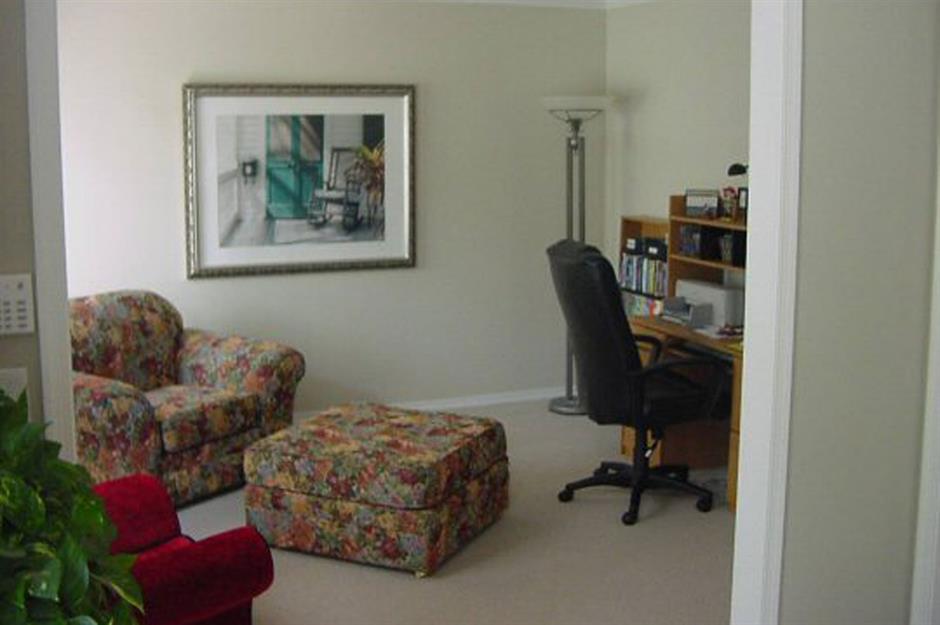
Business networking service LinkedIn is an indispensable tool these days for professionals the world over and boasts over 740 million registered users but, believe it or not, the networking social media firm began in 2002 in co-founder Reid Hoffman's living room in Mountain View, California (pictured).
Facebook was conceived in a university dorm room
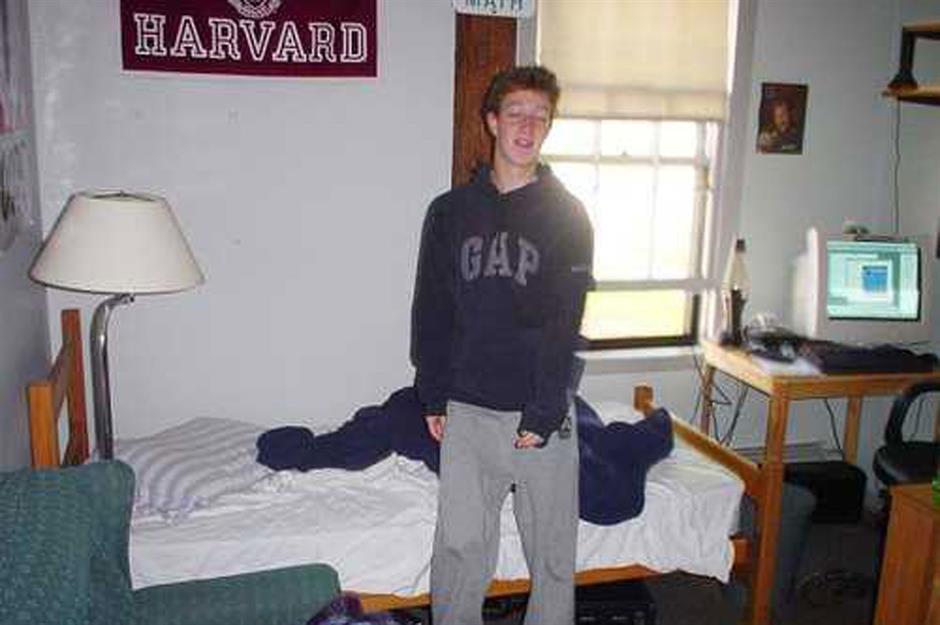
Facebook has achieved bona fide global domination, but it actually started out in a dorm room at Harvard University. Mark Zuckerberg created the first version of the social media network in his residence halls at the Ivy League institution and launched the site from his dorm room back in 2004 during his sophomore year.
YouTube's original HQ was a small office above a pizzeria and a Japanese restaurant
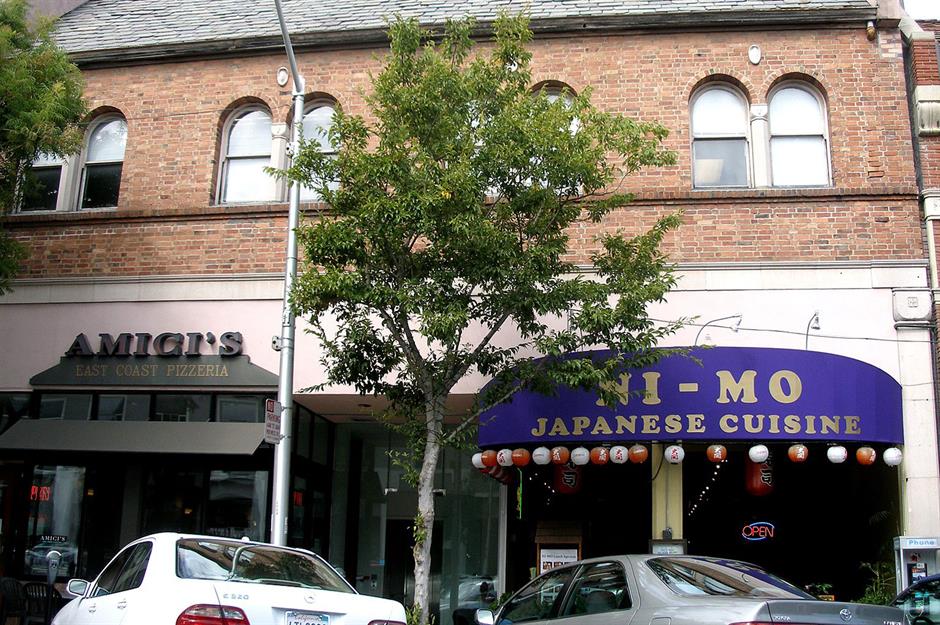
Sponsored Content
Twitter was a side-project dreamed up atop a playground slide
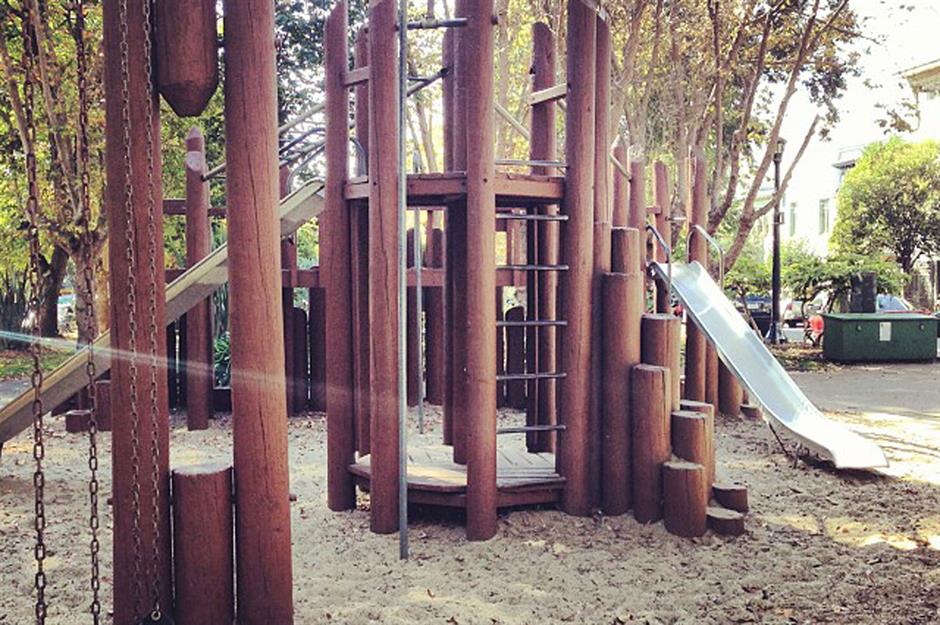
Airbnb started out with three air mattresses and a makeshift website
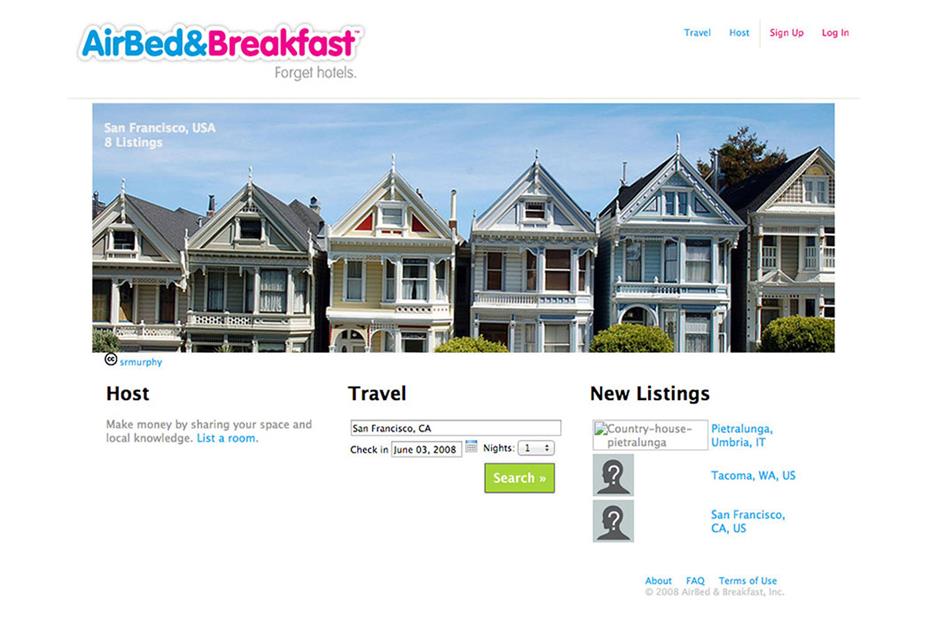
Back in 2007, roommates Joe Gebbia and Brain Chesky were struggling to pay the rent on their San Francisco loft apartment and decided to snap up three air mattresses they could hire out to paying guests. The duo hobbled together a simple website and Airbnb was born. Just 142 years down the line and the site offers millions of lodging options worldwide and floated last year.
Instagram began as a side-hustle created at a rented desk
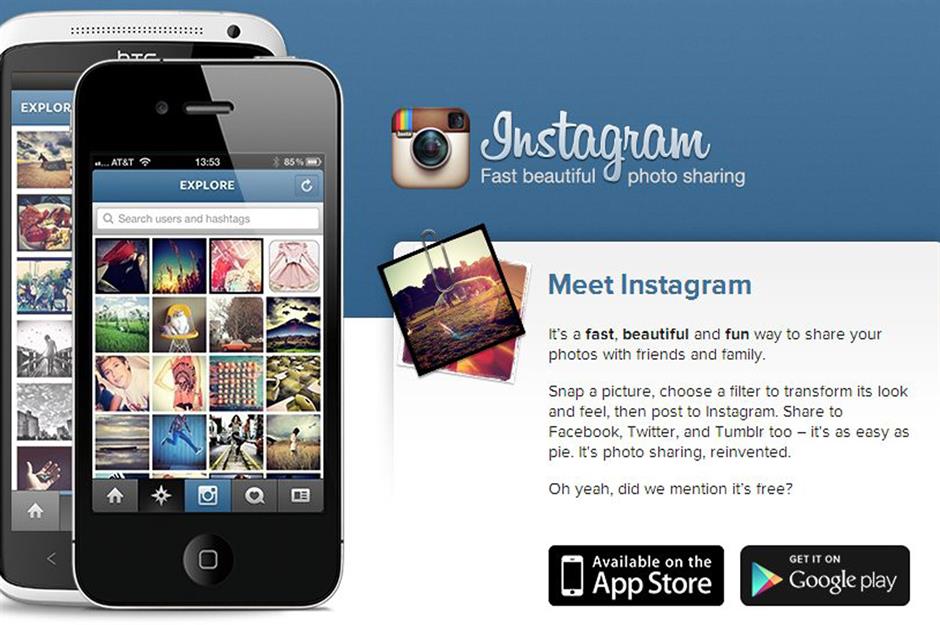
The photo and video-sharing social network started out as a side-hustle and was created in 2010 by software professionals Kevin Strysom and Mike Krieger at a rented desk in a shared office in San Francisco that lacked proper heating, so the pair had to wear their coats while developing it. Little did they realise that two years later their bright idea would be snapped up by Facebook for $1 billion (£763m).
Now take a look at some of the most unusual trademark battles
Sponsored Content
Comments
Be the first to comment
Do you want to comment on this article? You need to be signed in for this feature